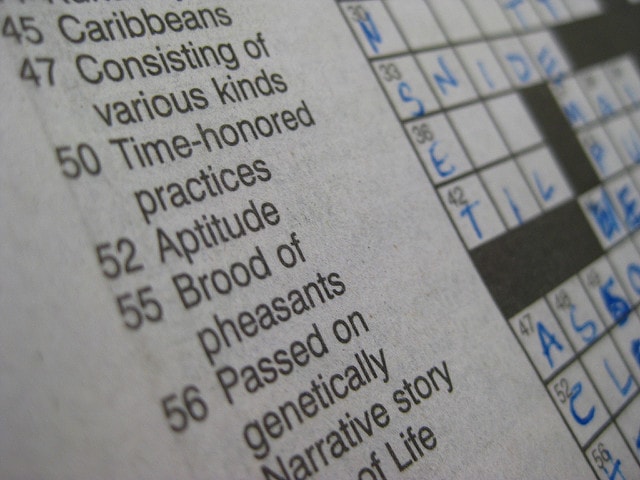
Part six of a series beginning here.
I had been hoping to hear from some men, as their experiences with purity culture are, by and large, very different but potentially as damaging as women’s. I had not been hoping to hear a story as difficult as this one, but I am so grateful for the author’s candor and wisdom. These are the stories that get lost (or worst, dismissed outright) in the debates I wrote about last week. Thank you for taking time for this one.
I have a male assigned body, and as a young child I was sexually abused by an older, male cousin. This is the same cousin who called me a “fag” for being more sensitive and interested in books that little boys ought to be. The same cousin who worked very hard to fit within the mold of masculinity, degrading women and other men to prove his position within society.
During middle school I transferred schools, and I would not shake the outsider status until late in high school. Because I was different, I was treated poorly and called “gay.” When I found that it was difficult to look directly at some boys too long without blushing or feeling warm, I felt as though I could not admit to myself that I was in fact gay because then maybe all of their anger and resentment towards me had legitimacy. Their poor treatment of me would be justified.
In high school I became fairly involved with a Baptist Youth group. I was the first to be inducted into a secret group called “Men of Honor.” In this group we heard stories about how men’s sexual, fleshly desires ruined their marriages or lives. We discussed all sexual release out of heterosexual marriage not only as sinful but as spiritual violence—if not against another, then against yourself. Married, opposite-gendered sex was sanctified as one of the most spiritually pure acts. Sex within any other context, even masturbation, was spiritually damaging. Of all the sexual acts, however, gay or lesbian sex was the most corrupt, destroying whole families in the wake of lustful passions.
Being a survivor of sexual violence, the idea of all sex as inherently violent (spiritually at the very least) made me nauseous and uninterested all together. I did not want to hurt anyone the way I had been hurt. And I viewed my own sexuality as a destructive force that I had to protect others from—especially since I was tempted by the most violent and devastating variation. The shame was crippling, and I did not start dating until I was 23.
My journey towards healing included reconciling my past abuse and my sexuality as two separate things—one as a traumatic event in my life and the other an irrepressible part of how I naturally receive and express intimacy, and who I share that with. Healing meant understanding sex as not an act of violence being acted out by either myself or my partner. An act of sex is instead one of many ways to express full bodied, intimate affection for someone else as another bodied creation of God. Healing also meant accepting that being gay is not all about sex, but who I want to watch science fiction anime with, who I want to share my crossword puzzle while we sip coffee, and who I want to unload to after a difficult day of class or work. Intimacy does reach beyond the physical into the mental and spiritual, but the health of that union does not hinge on gender or marriage. A healthy relationship is built on flexibility, love and trust. And healthy sex is empowering, safe, and consensual.
Is there something you’ve learned to separate from sex?
Have you heard male sexuality described as a violent force? What do we think we gain by viewing it this way?
What did you learn being gay is “about”?
Leave a Reply